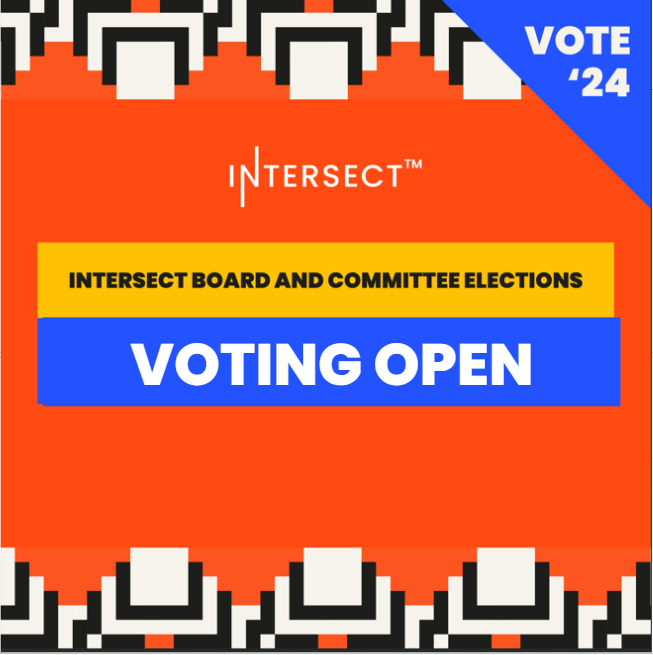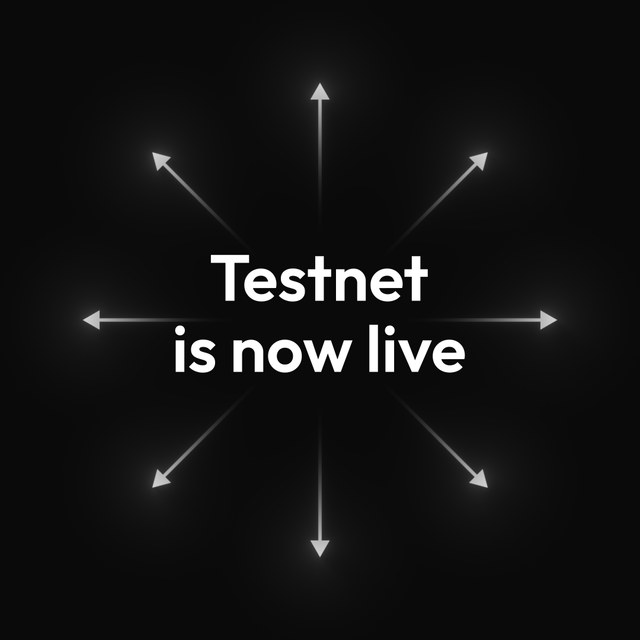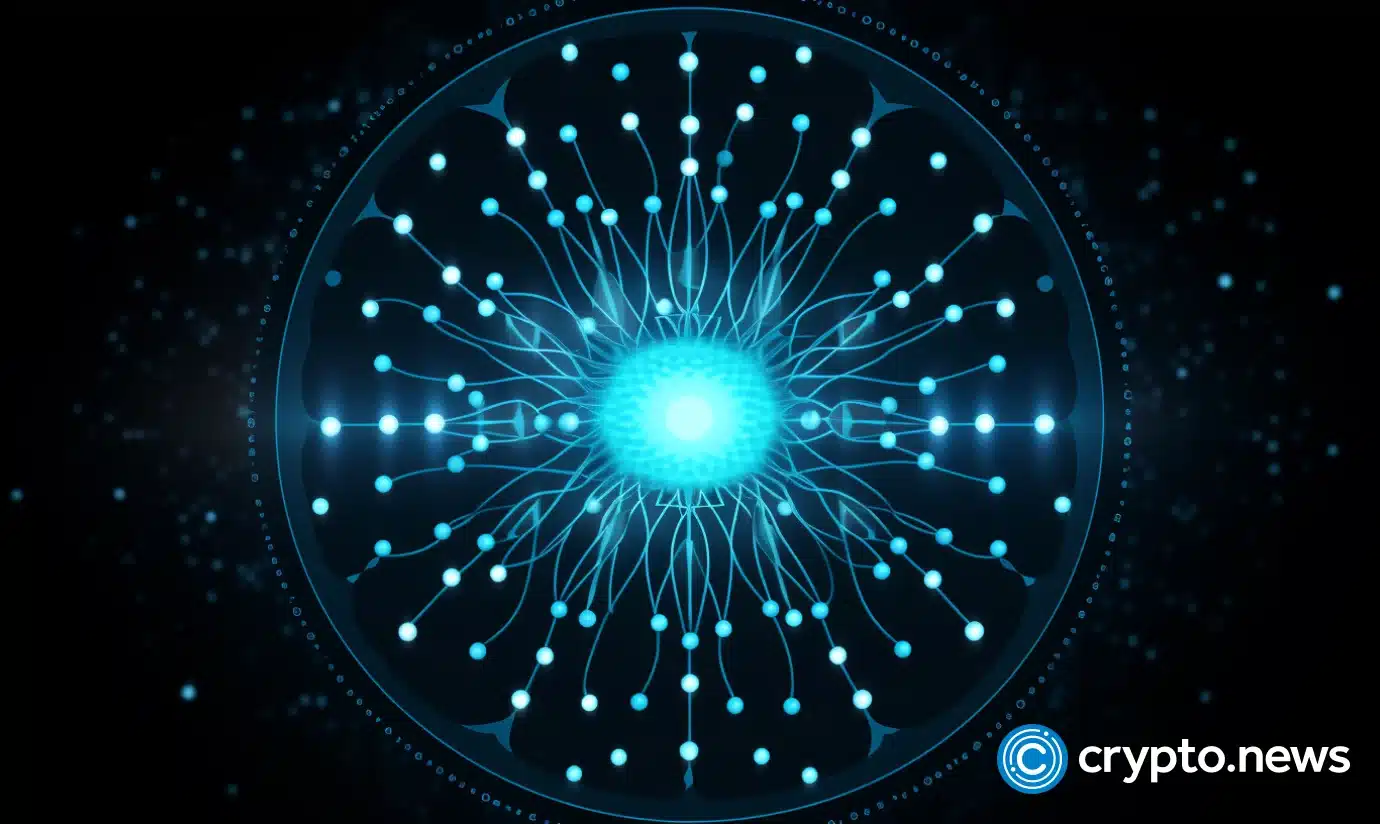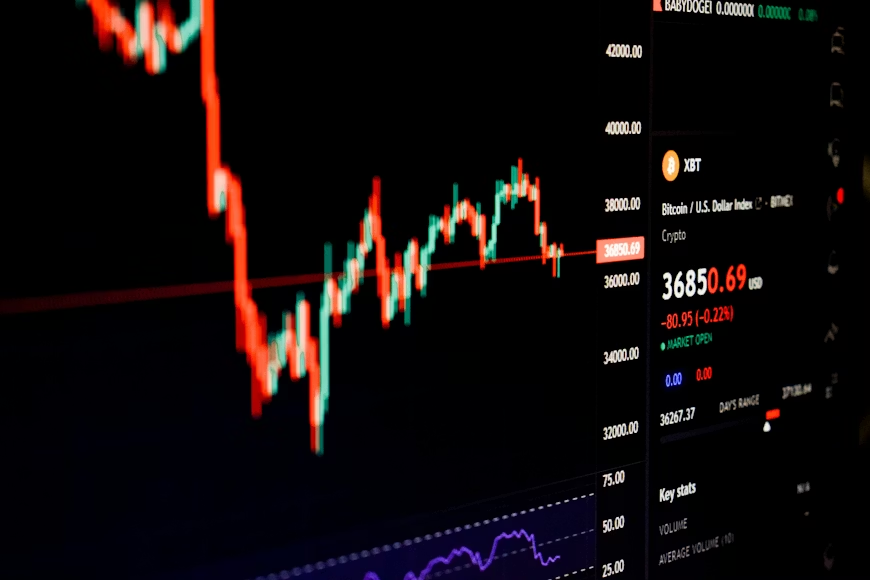Why does Cardano's decentralization need to grow?
Decentralization is a feature that must grow gradually with the number of new users. Unfortunately, first- and second-generation blockchains are failing to do this. Blockchains might grow in financial and social importance, but the number of block producers is...

Decentralization is a feature that must grow gradually with the number of new users. Unfortunately, first- and second-generation blockchains are failing to do this. Blockchains might grow in financial and social importance, but the number of block producers is stagnant or even declining. This often applies to the number of delegates as well. This article explains why we should not underestimate the ability to scale decentralization. We will also look at how Cardano is prepared for this.
TLDR:
- A global ledger cannot be maintained by ten or a hundred accountants (block producers) for a billion users.
- The reliability of accountants is about economic incentives and the possibility of being pushed out of the position.
- People underestimate the resilience of networks against insider attacks.
- Cardano is well prepared for the growth of decentralization.
Security and reliability are about economic incentives
You can think of blockchain as a kind of social and financial experiment. Users voluntarily join this experiment by buying native coins of the blockchain project. The experiment is not for free as the coins have a market value. Users have their skin in the game and must trust that the network can protect their assets well. Coin holders can only have partial control over the functioning of the network. Sometimes higher, sometimes almost none. It depends on the design of the network. In each network, a smaller group of entities operate with a stronger position than ordinary users. These are block producers (pool operators) and delegates. Delegates have some control over the block producers as they are able to vote on how strong a position of block producers will be. It is basically unimportant whether the vote is done through delegating hash rate or coins. What is extremely important is the number of block producers and delegates relative to the number of users.
Being a pool operator is a public function with a right to get rewards. It can be assumed that if an operator is paid well for her work, she will do it responsibly and honestly. But what exactly does it mean to be well paid? Should it be 1,000 a month, 10,000, or even 100,000 USD per month? What if an operator makes a mistake? Imagine a situation where someone forces her to make a mistake under the threat of penalties, regulation, or blackmail. There must be a way to ensure that the network functions as required even in these difficult situations. Unreliable operators must be replaced somehow. We will be looking for answers to these questions.
Experimental laboratory
Let's do an experiment where we assume that there is no blockchain and even no internet. A group of people will want to use their own created money among themselves, let's call them beans. Omitting technology will help you better understand how the system works. In essence, human behavior, economic incentives, and failure risks are very similar whether technology is used or not. Of course, technology will make the system more efficient, but some details may not be visible.
For the beans to work, people have to somehow ensure that no one cheats in the system. No one must be able to make new beans out of nothing or pay with the same bean twice for different goods. People agree that the system will be overseen by an accountant who will enter every transaction into a ledger.
One of the people volunteers to be the accountant. Her name is Alice. There are 100 people using beans at the beginning and each person has about 1000 beans. They all agree that each user will give 1 bean per month to the accountant as a reward. The accountant earns 100 beans per month.
Half a year passes and everything works as it should. The accountant earns 100 beans every month. The problem is that no one else wants to join and use the beans as money either. It becomes apparent that the newcomers don't trust the system that only one accountant oversees. Another person signs up to be the accountant. His name is Bob. The group agrees that each user will give 2 beans a month as a reward for the accountants Alice and Bob. Each earns 100 beans a month. When new people join, their rewards will be higher.
Alice and Bob agree that one of them will write new transactions and the other will check them. They'll take turns every day. There will be two ledgers and each user can see that the entries match.
In another year, 1,000 people are already using beans. Alice and Bob earn 1,000 beans a month. The system has one flaw. Alice and Bob sometimes disagree on a transaction and there is no one who has the final say. Therefore, the transaction does not take place and the users are dissatisfied.
A solution will be found quickly. Another accountant, Carol, volunteers. Every time a dispute arises, Alice, Bob, and Carol will vote among themselves on what the transaction should look like. Everything works the same as before. The right to write transactions rotates between the three accountants who keep an eye on each other. However, users don't want to pay more beans for the accountants' work. Each month 2000 beans are collected, which must be divided between the 3 accountants. Each gets about 667 beans. This is less than before, but the accountants believe that new people will join, so their rewards will rise again quickly.
Beans are becoming a new phenomenon as 3 accountants are overseeing it. By the next year, 1,000,000 users are already using beans. Each accountant earns 667,000 beans a month. That's royalty.
Unfortunately, there is the first big problem in the system. 667,000 beans a month is a fabulous reward. But the system is used by rich people who send transactions in the tens of millions of beans. The fraudster managed to bribe Alice and Bob with 1,000,000 beans for each for writing one accounting transaction worth 10,000,000 beans and then deleting it the next day. This leaves the briber with the beans. Alice and Bob outvote honest Carol. Carol can't do anything except exposing the fraud.
How to change the system to make it work? If someone had replaced Alice and Bob, the same problem would have come up later. It wouldn't even work if people agreed to a higher reward for the accountant. Even if each user paid 3 beans a month so that each accountant made 1,000,000 beans a month, it wouldn't prevent fraud. Accountants can take a high reward and still cheat.
A small group of accountants will be willing to sacrifice the destruction of the entire system as long as they stay rich forever.
Fortunately, there is a solution. The number of accountants will be increased to 100 and the reward will be reduced. 1,000,000 users will still give 2 beans per month as a reward for accountants. Each accountant will earn 20,000 beans a month. That's a nice reward. The higher the number of accountants with less reward, the more likely it is that a higher than half of them will behave honestly. Honest accountants will be motivated to maintain a good position in the long run. It is difficult for fraudsters to persuade such a large number of accountants to cheat. It's still possible, but it's more complicated.
The system is still not perfect. There are many accountants, but what if someone manages to bribe more than half of them? It turns out that if the system is to work, there must be a way to punish the accountants or push them out of their positions. It would take some added ability to control the system. A solution will be found. Users can vote on who should do the work of the accountants. If an accountant is suspicious, it will be possible to weaken his influence. If a more suitable candidate is found, users can support him. With this voting system, it will be possible to decide which accountant will write transactions in the ledger more often.
Beans are now such a perfect system that the number of users will rise to 100,000,000. Since the system still only keeps 100 accountants, everyone gets 2,000,000 beans a month. This is again a royal reward. What about it? It seems that the number of accountants should rise again.
Back to blockchain
I hope you enjoyed our lab and found an analogy to the blockchain network. Accountants are block producers. The delegates were the ones who vote on the accountants.
Many new questions arose at the end of our experimental story with beans. You see the need to regulate rewards and the number of accountants in some way.
Imagine if the number of users grows 100x or 1000x and the number of block producers is still the same number. 3 accountants for 1000 people is probably an adequate number, but for 3,000,000 in a decentralized network, it's probably not enough. For 30,000,000 it is certainly very little if the network is to be considered decentralized. No one will tell you the correct number of pool operators (accountants), but it should be in the thousands, maybe tens of thousands. Millions of people around the world cannot trust just 3 entities. The security guarantee would be too low.
The adoption of blockchain networks is a dynamic process and there should be some possibility of external intervention in its functioning. Of course, intervention is only possible in a decentralized form and should be decided primarily by users, not accountants. It does not make sense for accountants to make decisions on their own without users.
As the number of users grows, the number of transactions will grow, so more will be collected in fees (but the total rewards budget may decrease due to decreasing monetary expansion). The network needs to reward accountants (block producers) first and foremost. Is it smarter to royally reward a small number of accountants, or to reward a larger number of accountants well? As we have already shown, from a security perspective, the second option is the preferred one. With the growing number of pool operators that will be located literally all over the world, the possibility for individuals to bribe or otherwise influence them decreases.
The system should prevent the emergence of a wealthy elite that will have control over the network, or prevent single entities from holding each other to power (we have seen the emergence of cartel agreements, for example, in the EOS project). Once the rewards for individual entities are too high, they should be divided among a larger number of accountants and delegates. It is a well-known fact that wealthy actors are hard to disempower.
In the Cardano ecosystem, a single parameter K can influence the preferred number of pools. This parameter is now set to 500. Increasing the parameter will lower the pool saturation threshold. This essentially means that the pool will be saturated with fewer ADA coins. It may be less economically challenging for people to set up a pool. Of course, it depends on the market value of ADA coins. The Cardano protocol can economically support the creation of new pools, thus effectively increasing decentralization. Note that this mechanism also partially controls the distribution of rewards. Of course, it is not true that if the parameter K goes up from say 500 to 5,000, there will be 5,000 unique pool operators in the network. However, one can assume that the number will increase by perhaps a few hundred. It depends on the community and its tolerance for multi-pool operators.
Cardano has an elaborate system when it comes to voting on who will be the accountant. Staking is basically a vote on the accountants. Each ADA holder has control over who will perform this key role in the Cardano network. All those who stake literally 1 ADA have the right to vote. This is very important because as the distribution of ADA coins increases, the number of people who make decisions increases.
In the case of Bitcoin, we can see that the number of delegates is decreasing due to the economy of scale. To delegate a hash rate means that you have to have an ASIC miner. If you have one ASIC miner, your vote is still very small compared to entrepreneurs who have huge mining halls with thousands or tens of thousands of ASIC miners. Unfortunately, the number of hobby miners is declining and the network is beginning to be controlled by entrepreneurs. This trend will be difficult to prevent. Staking is a much more accessible form of voting about accountants.
ADA holders will one day make decisions about Cardano. For example, also on the setting of the K parameter. If there is a demand for a higher level of decentralization, it will be entirely in the hands of the ADA holders. There is basically no way to do this with first-generation blockchains. Even though Bitcoin is an open network, the number of pools is not growing, but stagnating (or even declining). The same is true for hash rate delegates. There is no other decentralized mechanism to change some system settings that would lead to more decentralization. Any BTC holder could run an ASIC miner, but it is not economically worthwhile. He would have to subsidize decentralization out of his own pocket. I dare say this system is not working well.
Decentralized governance is the way to address critical protocol issues that will naturally arise sooner or later. Our example about beans was deliberately avoided without technology to make it more visible how people behave. They will only ever pursue their own selfish interests. Technology may prevent them from behaving in certain ways, but not 100%. A small number of accountants may decide to sacrifice the network and do an exit fraud. It may be for a bribe, or they may be forced to do it from the outside. The only defense against internal attack is a high number of accountants, nothing else. If the system has no way to increase the number of accountants, this risk will always exist.
People like to talk about an external attack on the network (51% attack) and underestimate the possibility of an internal attack from those who keep the network running. The motivation to sacrifice the network may be small, but we must not be fooled by this. Every decentralized network is vulnerable and it is important to look for ways to make networks as secure as possible against all types of attacks. If someone wants to destroy a blockchain network and an external attack is expensive, they will look for other ways, and an internal attack is one of them. The problem with an internal attack is that it can happen very quickly (on the order of hours for PoW networks and minutes for PoS networks) and the reputation of the network will be forever damaged.
Back to the lab
In our laboratory, accountants signed up to do the work for the possibility of getting paid. For the system to work well, there must be a system where only good work is rewarded. Accountants must watch out for each other and punish attempts to cheat. The penalty is a reduction of reward or expulsion from the system.
It is possible to create a system where each new accountant must bring his wealth and lock it up for the duration of his service. If an accountant makes a mistake, other accountants can confiscate (significant) part of his locked wealth. The downside is that an accountant can lose his own wealth even through an unintentional mistake. There could be a problem that no one wants to do the accounting.
Does the risk of confiscating the accountants' own wealth serve as good protection against fraud? Only up to the locked-in wealth. If the accountant earned more money through a one-time fraud, he could sacrifice the locked-in wealth. If a briber had to bribe, say, 100 accountants, the bribe would have to be worth more than the locked-up wealth of 100 accountants.
The question is whether it is better for the system to punish accountants directly by confiscating their wealth, or to give users the option to exclude them from the system.
I believe you have recognized the different concepts in the functioning of Cardano and Ethereum networks. Although accountants in Cardano lock up their own wealth, they cannot lose it. The system is set up so that the accountant is only rewarded for a job well done. The work is evaluated by all other accountants and also by users. The Ethereum network works similarly, except that locked wealth can be confiscated and only other accountants evaluate the quality of the work. Bitcoin works similarly to Cardano, except that the accountants are not checked by the coin holders, but only by a dedicated group of miners.
Conclusion
The decentralization of networks must not stop but grow. This is due to the fact that the adoption of relevant blockchain networks will also grow manifold. It is important that the number of accountants grows by the order of tens to hundreds with every million or so new users. The level of decentralization is very difficult to measure and we often miss key information about networks. For PoW networks, it is difficult to track down accurate data regarding the number of delegates. We can only rely on information about block producers. Fortunately, for PoS networks we have on-chain data, so we can measure the level of decentralization much better. Maintaining a high level of decentralization of the Cardano protocol is the responsibility of every ADA holder.
Delegate Your Voting Power to FEED DRep in Cardano Governance.
DRep ID: drep12ukt4ctzmtf6l5rj76cddgf3dvuy0lfz7uky08jfvgr9ugaapz4 | We are driven to register as a DRep by our deep dedication to the Cardano ecosystem and our aspiration to take an active role in its development, ensuring that its progress stays true to the principles of decentralization, security, and community empowerment.DELEGATE VOTING POWER!








